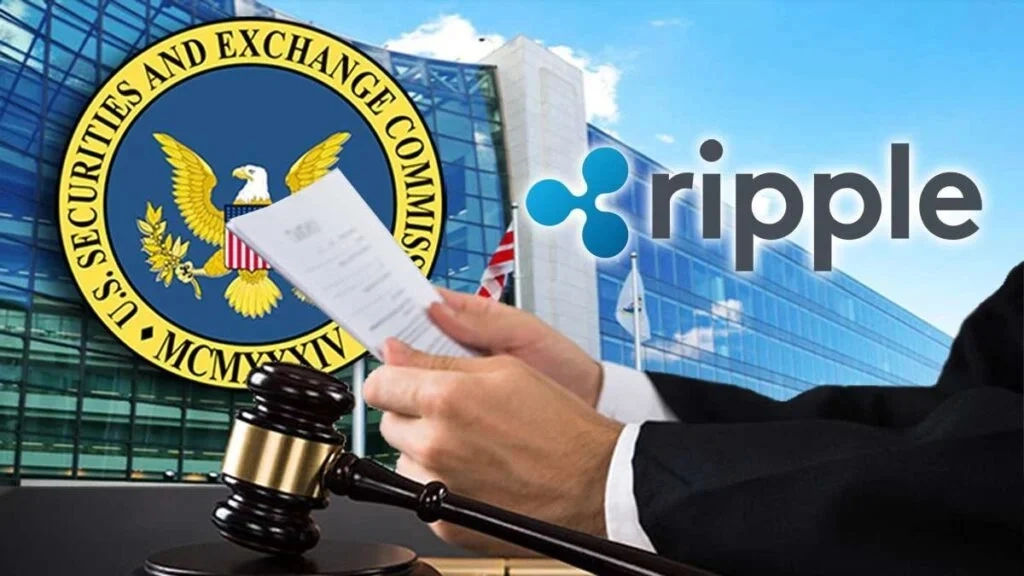A recent court decision in the ongoing legal case between Ripple Labs and the Securities and Exchange Commission (SEC) has potential implications for the regulation of cryptocurrencies. On Thursday, a federal judge issued a partial ruling that Ripple’s XRP token constituted a security when first sold to institutional investors, but not when later sold to retail consumers.
This nuanced judgment relates to the debate around which cryptocurrencies should be classified as securities versus commodities in the US. Securities face stricter rules and oversight from regulators like the SEC. The ruling suggests that the same digital asset could transition from a security to a non-security over time, based on how and to whom it is marketed and sold.
While considered a major development in the three-year lawsuit, legal experts note the decision does not provide definitive clarity on crypto regulations overall. As both sides plan to appeal elements of the judgment, the case illustrates the complex challenge of establishing clear regulatory standards for the cryptocurrency sector. However, the ruling does indicate potential leeway for retail-oriented cryptocurrencies to operate without being deemed securities.
Judge Analisa Torres ruled that XRP was likely considered a security when first sold by Ripple primarily to institutional investors, who were more likely to understand its securities-like characteristics. However, she said it was less clear that XRP should still be considered a security now that it trades more broadly on crypto exchanges among regular retail investors. This mixed ruling gives some support to both Ripple’s and the SEC’s arguments about whether XRP is currently a security or not.
The Ripple ruling doesn’t necessarily mean other crypto assets are now clearly not securities. The decision was based on retail investors’ understanding of crypto several years ago, which has likely changed as the market has grown. The SEC could try to clarify which tokens are securities going forward through its recent lawsuits against companies like Binance and oinbase">Coinbase. But the court disagreed with parts of the SEC’s reasoning on XRP using the Supreme Court’s Howey test, like that secondary buyers weren’t promised anything by Ripple.
Some think this means exchanges won’t have to delist tokens retail investors are trading. However, many crypto projects still rely on early institutional and VC funding before public launch. This type of presale might be impacted if those tokens could still be deemed securities. Unless VCs are willing to buy on the open market with everyone else, this key funding method for new projects could disappear. So while the retail side is more protected, limitations on the institutional side remain uncertain.
It’s important to note the SEC still has a lot of outstanding crypto issues beyond the Ripple case. On the same day as the Ripple ruling, the SEC was one of four regulators charging crypto lender Celsius and its former CEO over alleged fraud. The SEC also has ongoing lawsuits against major exchanges like Binance and FTX. While Mashinsky denies wrongdoing, these cases mean lengthy legal proceedings are ahead for the SEC.
So even though the Ripple decision caused celebration in crypto markets, with prices surging, the overall landscape remains uncertain. The Ripple case itself isn’t over either, with more court battles ahead. Thus, despite the positive reaction, the crypto sector still faces causes for concern given the SEC’s expanding regulatory actions.





